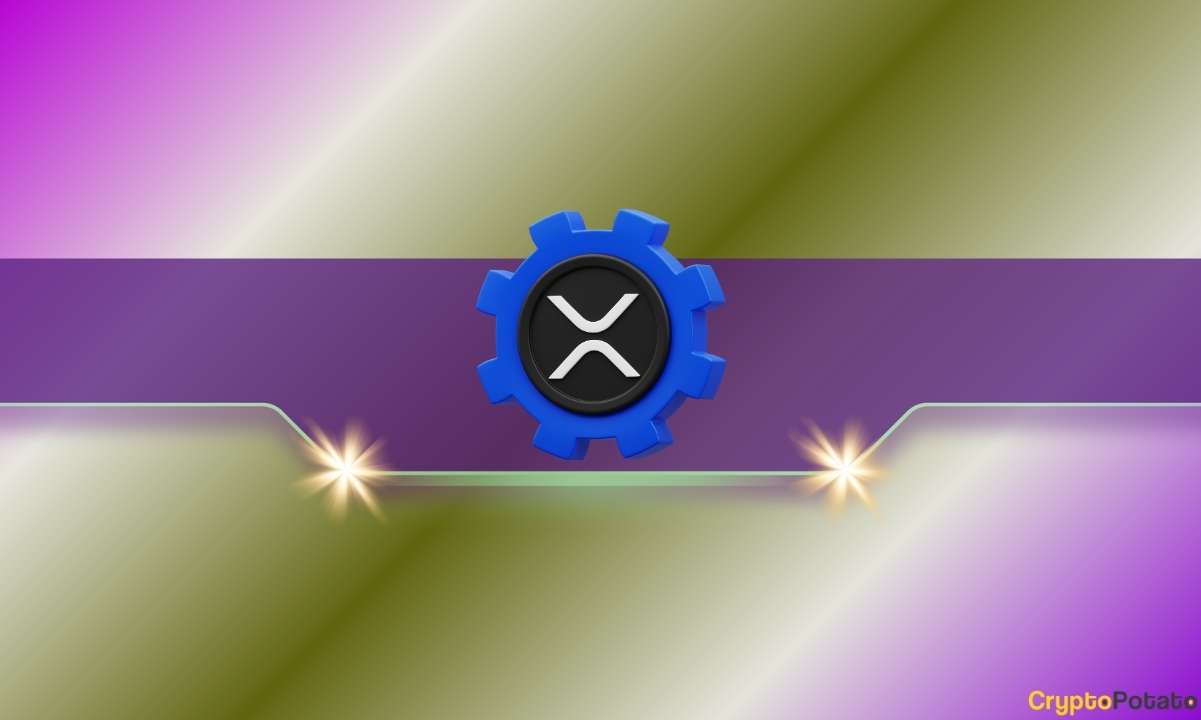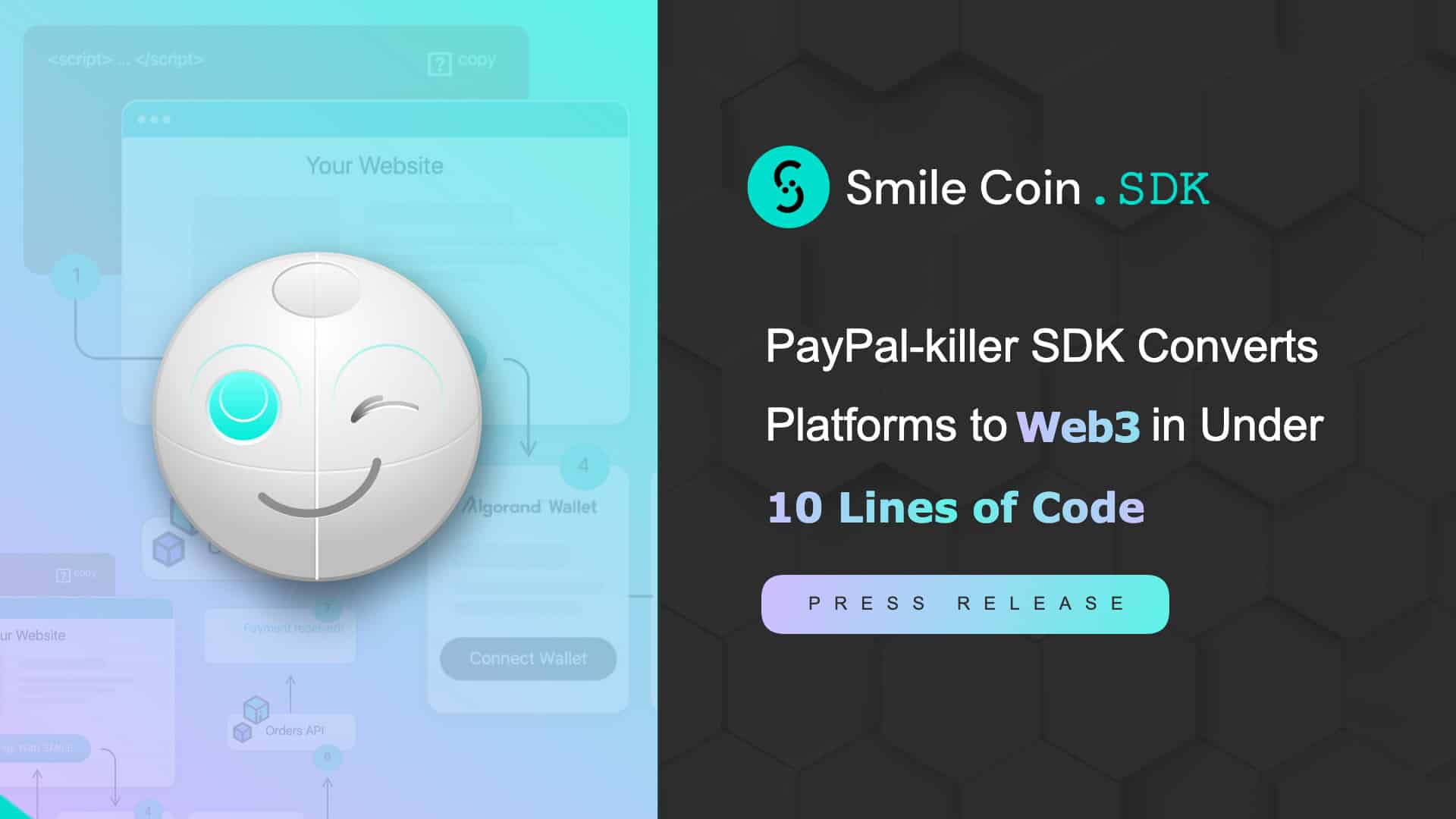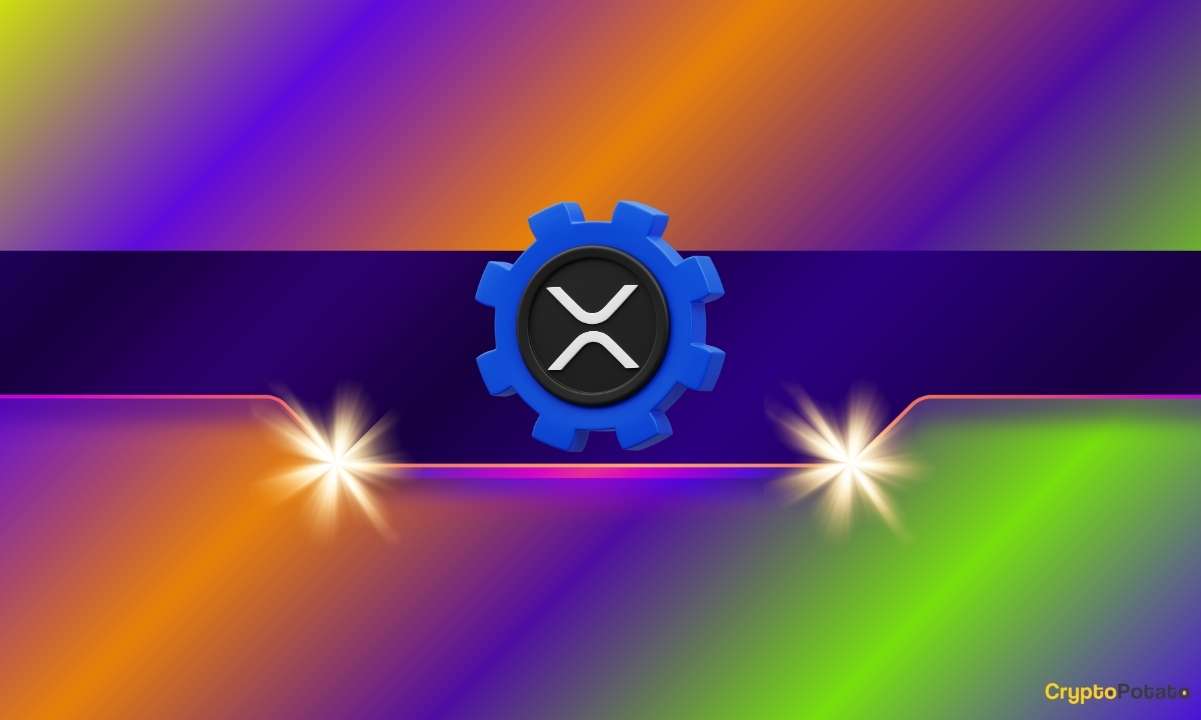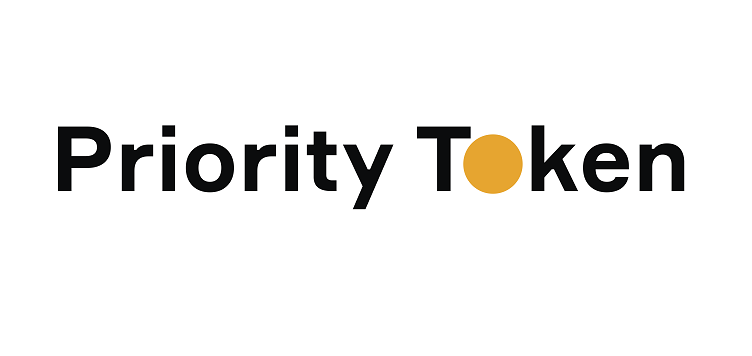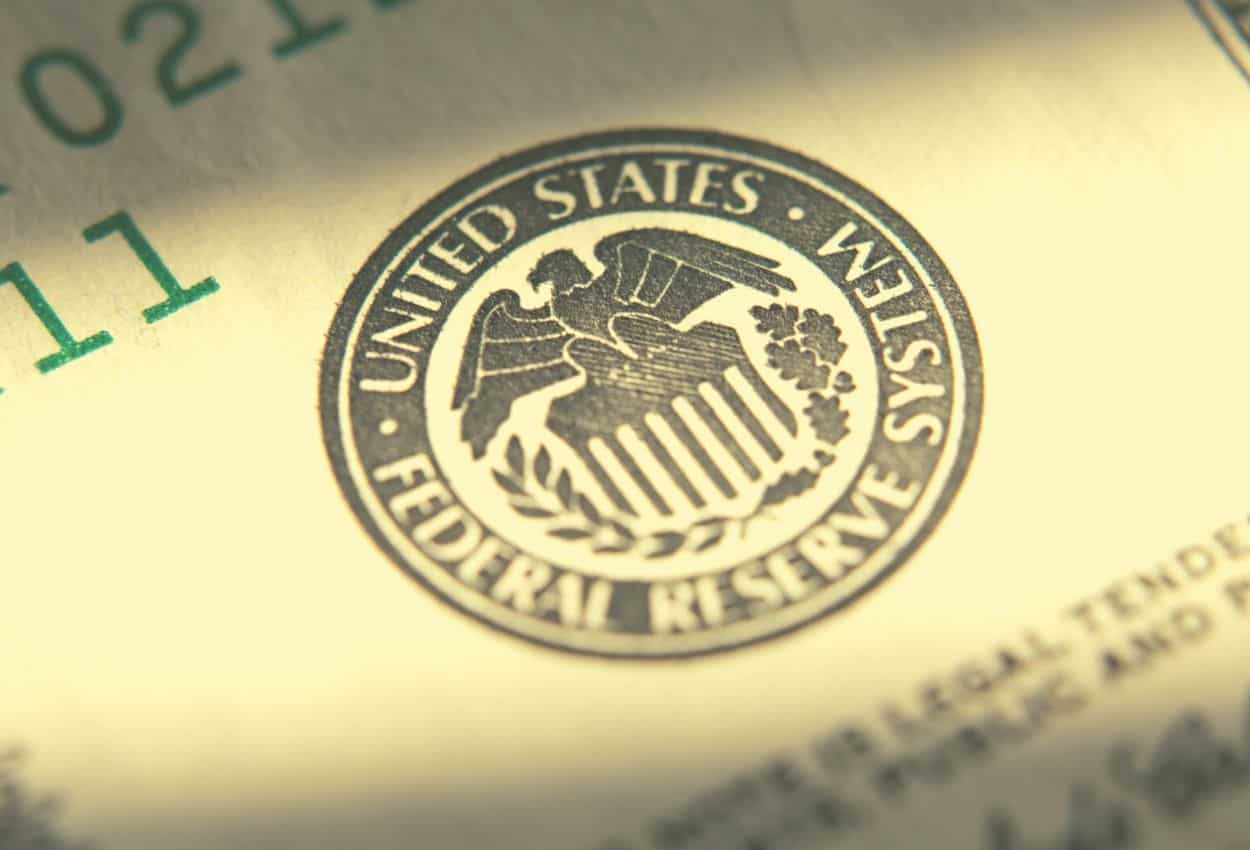Charities and Blockchain: Can the UN’s Development Programme Help Non-profits Become More Efficient?
TL;DR
- Charity fraud is on the rise resulting in fewer donations as donors don’t want to give money to scammers and untrustworthy organizations.
- The charity sector needs transparency and traceability. Binance, Tron, and the UN believe blockchain is the solution.
- The Blockchain Charity Foundation (BCF) partnered with the United Nations Development Programme (UNDP) with TRON supporting both organizations to facilitate the efficiency of charities with blockchain tech.
According to the Annual Fraud Indicator 2017 report, charity fraud has increased by £400 million ($523 million) in 12 months, totaling £2.3 billion ($3 billion) in the United Kingdom last year. This sum only includes scams where perpetrators were setting up fake charities to take advantage of people’s goodwill. But legit charities are also targeted by other crimes, such as embezzlement.
These issues result in a bigger problem: fewer donations to charities as people are becoming more suspicious due to a large number of frauds. Nobody wants to hand their hard-earned funds to a scammer who has zero intention to transfer it to people in need. We need transparency as well as traceability, and the UNDP-BCF-TRON trio believes the blockchain can provide both of those qualities.
A partnership to solve the issue
At the end of the last month, the Binance backed Blockchain Charity Foundation (BCF) partnered with the United Nations Development Programme (UNDP) to facilitate the use of blockchain technology among charities. Meanwhile, TRON has announced their support – along with pledging $3 million – to the UNDP and BCF’s joint project (the UNDP also received a donation from BCF equaling $1 million).
“As a Super Representative, I am fortunate enough to have earned the trust of the community. I believe it is my responsibility to lead the movement in applying blockchain technology to improve people’s livelihoods around the world. I will dedicate the resources I have gained from co-governing the network to causes that will benefit and empower society. I hope my actions will inspire more people to tap into the great potential of blockchain technology to truly make a positive impact,” Justin Sun, the CEO of TRON, said.
According to Sun, TRON seeks to “lead the mass adoption of blockchain technology” in the charity sector, helping the organizations’ models to become more transparent and traceable.
According to the TRON Foundation, blockchain technology can also help in creating a cohesive ecosystem where various entities, including donors, recipients, volunteers, and organizations, can participate and interact with each other.
End-to-end traceability from donors to recipients
Furthermore, the BCF has already revealed its decentralized charity platform where the non-profit showed how their solution tracks donations end-to-end, from the donor right to the recipient. According to Helen Hai, Head of the Blockchain Charity Foundation, blockchain technology will “bring transformative solutions to social problems,” which will help to bridge the funding gap in the UN Sustainable Development Goals using fast and innovative ways.
Haoliang Xu, Assistant Secretary General of the United Nations and Director of the Regional Bureau for Asia and Pacific at the UNDP, also has positive expectations for blockchain technology. According to Xu, blockchain has massive potential in impacting the developing world, and he is excited to see the solutions to some of the UN’s most difficult challenges in Asia and the Pacific.
Do you think blockchain can help in facilitating the efficiency of charities by providing transparency and traceability, as well as connecting the participants in one ecosystem?
The post Charities and Blockchain: Can the UN’s Development Programme Help Non-profits Become More Efficient? appeared first on CryptoPotato.

